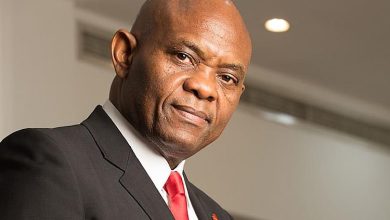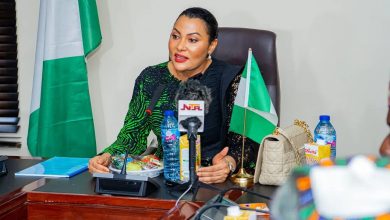Open Banking Set to Reshape Nigeria’s Financial Landscape by August 2025
Nigeria moves to launch open banking by August 2025, giving customers more control.
The Central Bank’s approval marks a major shift in how financial data is accessed nationwide.
After years of planning and stakeholder consultations, the Central Bank of Nigeria (CBN) has officially approved the rollout of open banking, with full implementation scheduled for August 2025. This development, while regulatory in appearance, is poised to redefine how Nigerians access, manage, and benefit from their financial data.
Open banking introduces a radical shift in financial control. Traditionally, banks have maintained exclusive custody of customer data, tracking spending habits, savings patterns, and income flows in silos. For Nigerians using multiple banks and financial platforms, this has often meant incomplete or conflicting assessments of their financial profile. Open banking aims to break down these walls, offering a unified, customer-driven approach.
Under the new system, customers can authorize financial institutions to securely share their data using standardized Application Programming Interfaces (APIs). With tools like the Bank Verification Number (BVN) or National Identification Number (NIN), users can manage who has access to their financial information, for what purpose, and for how long. This represents not just a technical advancement but a shift in perspective, putting data ownership firmly in the hands of individuals.
Real-world impact on consumers
The practical implications are far-reaching. For instance, applying for a loan could become more seamless. Rather than submitting scattered documents, a customer could grant a lender direct access to their complete financial profile, including salary accounts, savings, and investments, thereby improving creditworthiness and eligibility for better loan terms.
Personal finance apps could also leverage open banking to provide consolidated insights, helping users track expenses, set financial goals, and manage their wealth across all platforms from a single dashboard. These solutions have already proven effective in countries like the UK and Australia, where open banking has driven competition, innovation, and inclusion.
Nigeria is now the first country in Africa to formally commit to this transformative model. Given the fragmented nature of the Nigerian financial ecosystem, where individuals often juggle banks, fintech wallets, savings apps, and investment accounts, open banking promises to bring integration and efficiency to everyday money management.
Risks and safeguards
Despite the potential, open banking is not without risks. Data breaches and cyberattacks remain a concern, which is why the CBN has included robust safety measures such as a central registry of licensed open banking participants and consent frameworks anchored to secure identifiers like BVN. These measures aim to prevent misuse and ensure that users retain full control over their data.
However, users must also play an active role in protecting their financial identity. Knowing who you’re sharing your data with, understanding their access permissions, and being cautious about granting consent will be vital steps in keeping personal data secure.
A shift toward transparency and competition
At its core, open banking promotes transparency, choice, and consumer empowerment. It reduces the monopoly of traditional banks, enables smaller fintechs to compete, and forces service providers to create better, fairer financial products. For customers long frustrated by opaque charges, rigid loan structures, or poor integration between financial services, this could mark the beginning of a more responsive and inclusive ecosystem.
As the implementation date approaches, stakeholders, including banks, fintechs, developers, and regulators, are gearing up for technical integration and public awareness campaigns. Customers, too, are encouraged to learn more, ask questions, and prepare to leverage the advantages of a more open financial system.
Open banking is more than just a new feature; it’s a reimagination of how trust, data, and financial empowerment intersect. It represents a future where your financial journey is no longer defined by where you bank but by how you control your information.



